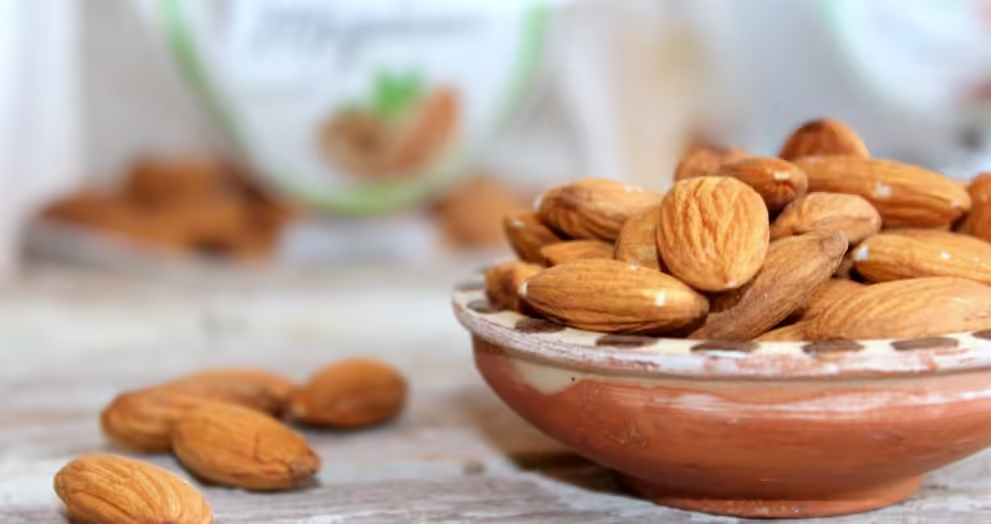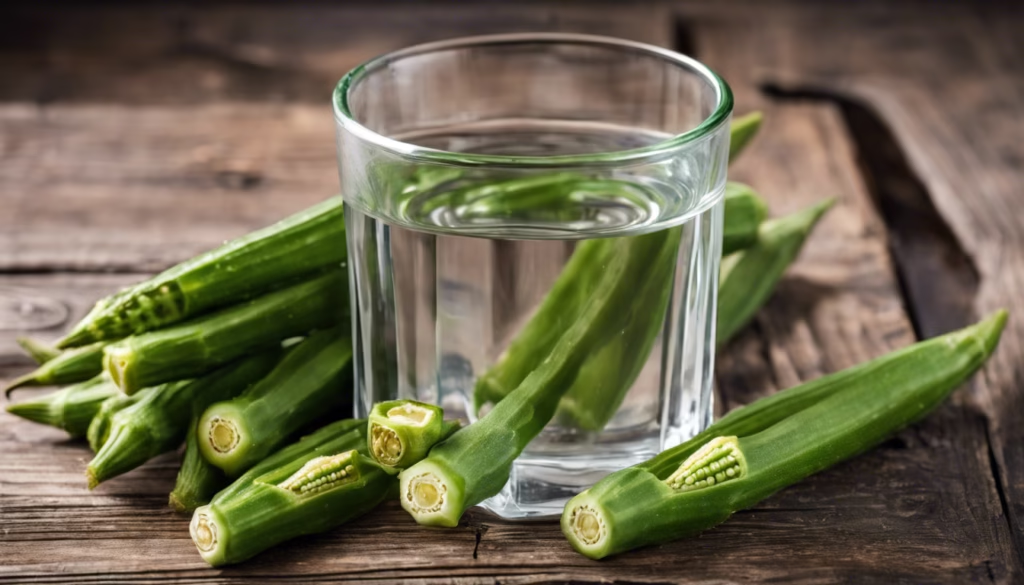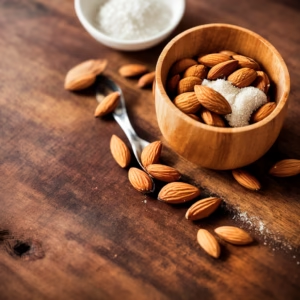Almonds are a popular snack and are often lauded for their impressive health benefits. However, one debate that arises among health enthusiasts is whether to consume almonds with their skins or opt for blanched varieties. This article explores the nutritional aspects of almonds, comparing the health effects of eating them with skins versus without, while also diving into the various forms of almonds, such as raw and roasted. By the end, you’ll be equipped with the knowledge to make informed decisions about how to incorporate almonds into your diet.
The Nutritional Value of Almonds
Almonds are a powerhouse of nutrition. Packed with healthy fats, protein, fiber, vitamins, and minerals, they offer a wide range of health benefits that make them a popular choice among health-conscious individuals. Here’s a breakdown of some of their key nutritional components:
– Healthy Fats : Almonds are rich in monounsaturated fats, which are known to support heart health by lowering bad cholesterol levels.
– Proteins : Providing a significant amount of protein per serving, almonds can be an excellent snack option for those seeking to boost their protein intake, particularly in plant-based diets.
– Vitamins and Minerals : Almonds are a rich source of vitamin E, magnesium, and calcium, essential nutrients for maintaining overall well-being.
A typical serving of almonds (approximately one ounce or 28 grams) contains about 160 calories, making them a beneficial yet calorie-dense option.
Almond Skin Benefits
One of the most frequently discussed aspects of almond consumption is the presence of almond skins. The skins of almonds contain a wealth of antioxidants, which may play a crucial role in promoting health.
Antioxidant Properties
Almond skins are particularly rich in flavonoids and phenolic compounds, both known for their antioxidant properties. Antioxidants help combat oxidative stress in the body, reducing the risk of chronic diseases and inflammation. Consuming almonds with their skins allows you to benefit from these naturally occurring compounds, enhancing their overall health effects.
Fiber Content
Another significant benefit of almond skins is their high fiber content. Dietary fiber is essential for digestive health, helping to regulate bowel movements and maintain a healthy gut microbiome. Including almond skins in your diet can contribute to your daily fiber intake, promoting a feeling of fullness and aiding in weight management.

Raw vs. Roasted Almonds: Which is Healthier?
When discussing almond consumption, it is also important to consider the preparation methods: raw versus roasted. Both forms of almonds have their unique benefits, but there are some distinctions to note.
Raw Almonds
Raw almonds are simply unprocessed and retain their natural oils, nutrients, and enzymes. Though they contain all the health benefits previously discussed, some individuals may find raw almonds tougher to digest than their roasted counterparts due to their natural enzyme inhibitors.
Roasted Almonds
Roasting almonds can enhance their flavor, making them more palatable for some people. However, it’s essential to pay attention to the method and temperature of roasting. High temperatures can degrade some of the nutrients, such as healthy fats and vitamins. Additionally, if roasted with added oils or salt, the caloric content and sodium levels can increase significantly.
In general, while both raw and roasted almonds can be part of a healthy diet, opting for dry-roasted, unsalted varieties is advisable to maximize nutritional benefits without adding unnecessary sodium or unhealthy fats.
Healthy Snacking Options: Incorporating Almonds into Your Diet
Almonds serve as an ideal healthy snack, but to obtain the most benefits, consider the following tips for almond consumption:
– Eat Them with Skin : Choosing almonds with skins maximizes your intake of antioxidants and fiber. When snacking, be mindful of the type of almonds you’re selecting; unskinned almonds provide greater health benefits.
– Pair with Other Foods : Almonds can be paired with fruit for a balanced snack. Apples or bananas with almond butter is a nutritious choice, offering additional vitamins and healthy energy.
– Incorporate into Meals : Consider adding sliced almonds to salads, oatmeal, or yogurt for added crunch and nutrition. This enhances not only the flavor of your meals but also boosts their nutritional value.
Almond Consumption Tips
To reap the maximum health benefits, keep the following tips in mind regarding almond consumption:
– Moderation : While almonds are nutritious, they are also calorie-dense. Sticking to a serving size (about a handful) is advisable, especially if you are watching your caloric intake.
– Store Correctly : To maintain freshness and prevent rancidity, store almonds in airtight containers in a cool, dark place. Consider refrigerating or freezing them if you buy in bulk.
– Consider Allergies : Always be aware of potential nut allergies—almonds are tree nuts, and allergic reactions can be severe. If you’re introducing almonds to a child or someone with a nut allergy, consult a healthcare professional first.
Conclusion: Nuts for Health
Almonds, whether enjoyed raw or roasted and with or without their skins, offer numerous health benefits. Emphasizing whole, unprocessed almonds where possible will maximize the nutritional advantages they provide. By understanding the benefits of almond skins, the differences between raw and roasted nuts, and incorporating almonds thoughtfully into your diet, you can enhance your health and enjoy delicious, nutritious snacks.
In summary, whether you choose to enjoy your almonds with their skins or not, remember that these nuts are a great addition to a healthy lifestyle, packed with beneficial nutrients and versatile ways to be incorporated into your meals and snacks. Embrace the world of almonds, and you’ll find yourself on a path to holistic well-being.
Hey there, amazing supporters! We’re on a fantastic journey to make a difference, and we need your help! 🌈✨ Want to be part of something BIG? It’s simple! Just click the link below and show us your support! Every click counts, and together we can achieve incredible things! Let’s make a lasting impact—your involvement matters! 💪❤️
👉 Support Now! 👈 You can also Buy Me a coffee!
Thank you for believing in our mission! Let’s do this together! 🎉🚀
Unleash your curiosity! Dive into thrilling travel adventures, blockbuster movie insights, cutting-edge health tips, and the latest tech breakthroughs! For the freshest blog posts, visit Wanderers Blog. Don’t miss out—subscribe to our newsletter today!












